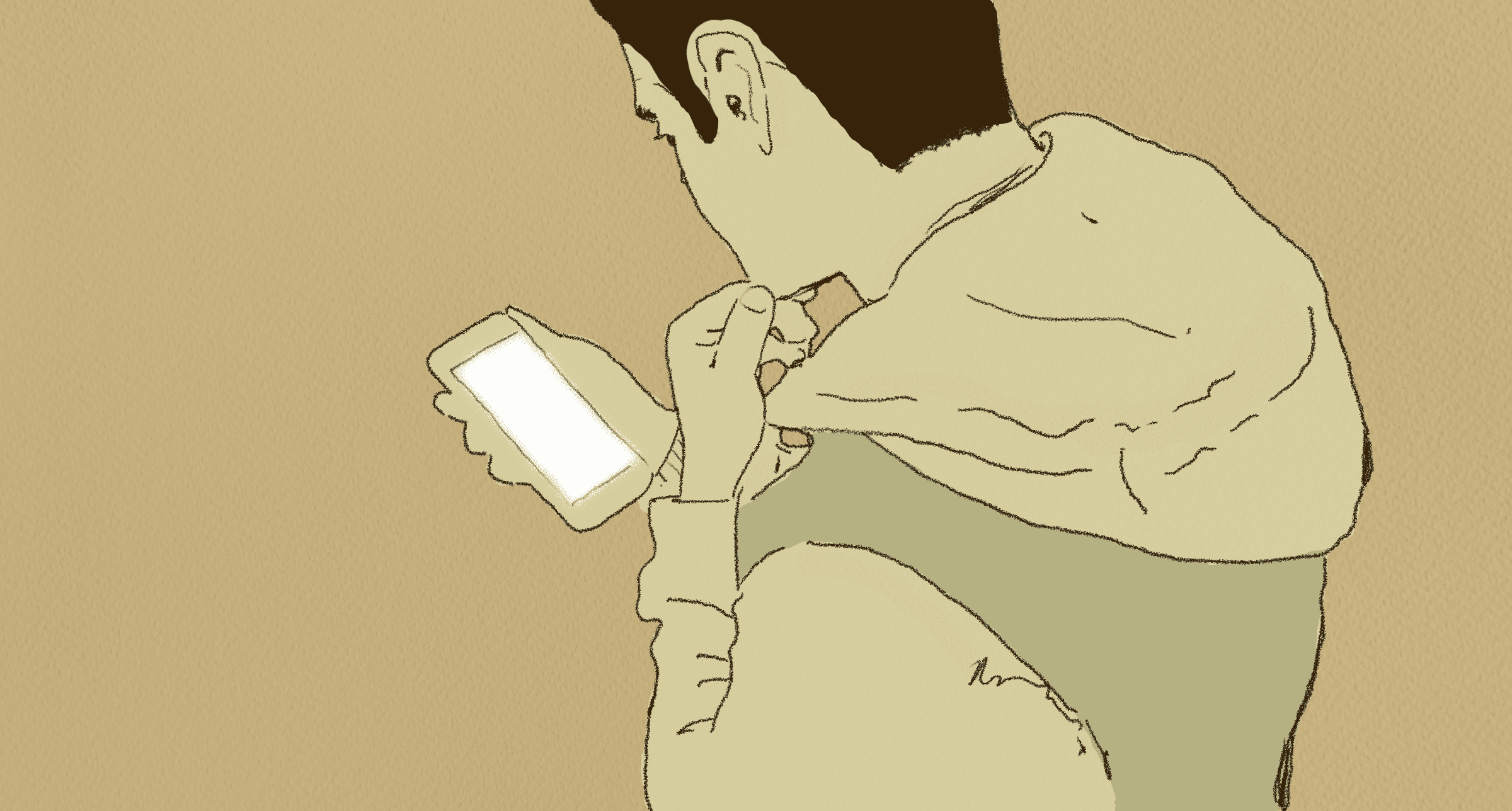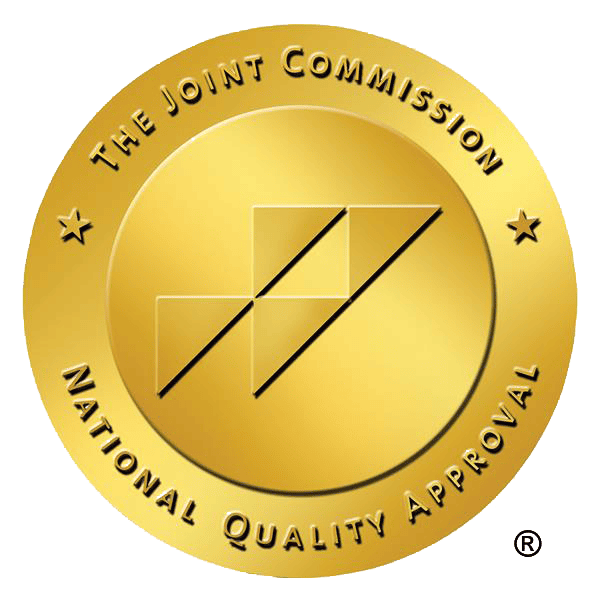The ability to keep their cell phone with them is an important factor for many seeking treatment. It’s also part of an essential concept in our approach to care here at The Prairie Recovery Center—personal agency.
Having personal agency means taking an active role in your own healing to improve your life. There is an old-fashioned method of recovery that focuses on tearing people down; saying things like, “Your best thinking got you here,” or “If you had good ideas, you wouldn’t be here.” While we do believe in humbling yourself and opening your mind to learning, we do not use shame as a behavioral management technique. Shame can facilitate change, but it is not the basis for healthy, sustainable transformation; it works by minimizing one’s agency.
Sustained wellness and recovery come by making someone an agent in their own life; making them part of the process, and restoring their belief in their own ability to affect change and progress. We accomplish this by honoring the fact that each individual who enters our care is a bright, capable, insightful person who has simply lost their way, and by helping them regain that part of themselves through our treatment process, as well as various forms of empowerment.
"[Active addiction or alcoholism] takes away our ability to imagine a better future for ourselves, and we become increasingly hopeless about our ability to get well."
A few ways that we facilitate greater personal agency in treatment are…
Looking at clients as a valuable part of the treatment team. We value their input and empower them to be active participants in their care and planning process—while also remaining open to feedback and suggestions, understanding that there are some important blind spots they may need help with. Each person is the ultimate expert on themselves. Everything we know about our clients is because they told us; their understanding of themselves and their needs is a vital piece of the puzzle.
Respecting clients’ rights and freedoms, including the use of cell phones. Treatment should not be this strange situation, without distraction or temptation. Rules aren’t very helpful when they are not sustainable in the outside world. This time should reflect daily life as much as possible, allowing clients to learn the skills to navigate challenges while in our care, with assistance from our clinicians. Cell phones are just one example of this. Instead of creating rules, we believe in helping clients set boundaries. It is a boundary of ours to not use cell phones during group therapy sessions. If this becomes a problem, the group will confront the issue together, talking through any deeper issues and working towards a resolution. Of course there are circumstances in which not having a cell phone is in the patient’s best interest, and we evaluate that from the outset.
At The Prairie, we see respect as a mutual process. A trusting and respectful connection must be built and established for the client-therapist relationship to be healthy and productive; the personal agency gained through this helps facilitate a process of true, sustained transformation.
"Sustained wellness and recovery come by making someone an agent in their own life; making them part of the process, and restoring their belief in their own ability to affect change and progress."
How does this fit into the bigger picture of addiction recovery? When it comes to mental health and substance use, we believe there are three steps towards healing.
RESTORATION
The first step is the restoration of hope, wherein we focus on developing meaningful goals, imagining creative pathways towards those goals, and restoring personal agency—one’s belief in their ability to affect change in their own life. In active addiction or alcoholism, one is robbed of this agency. It takes away our ability to imagine a better future for ourselves, and as a result, we become increasingly hopeless about our ability to get well.
TRANSFORMATION
The second step in this process of change is transformation—experiencing a cathartic narrative around one’s personal story here in treatment. We often say that the alchemy of recovery is the transformation of a wound into a gift. In this step, difficult experiences are re-shaped into meaningful insights to help create the life we truly want for ourselves. It’s true that treatment can transform mental health, wellness and relationships.
INTEGRATION
The final step is taking those insights and learnings we’ve gained from treatment, and integrating them into our daily lives. Rather than just focusing on having a momentary experience of transformation, we want to then create sustainable change over time by incorporating the skills we’ve gained into our lives outside of treatment.
If you or someone you love could use help finding freedom from alcohol or substance use, reach out to our care team to find out if The Prairie might be the right fit.









